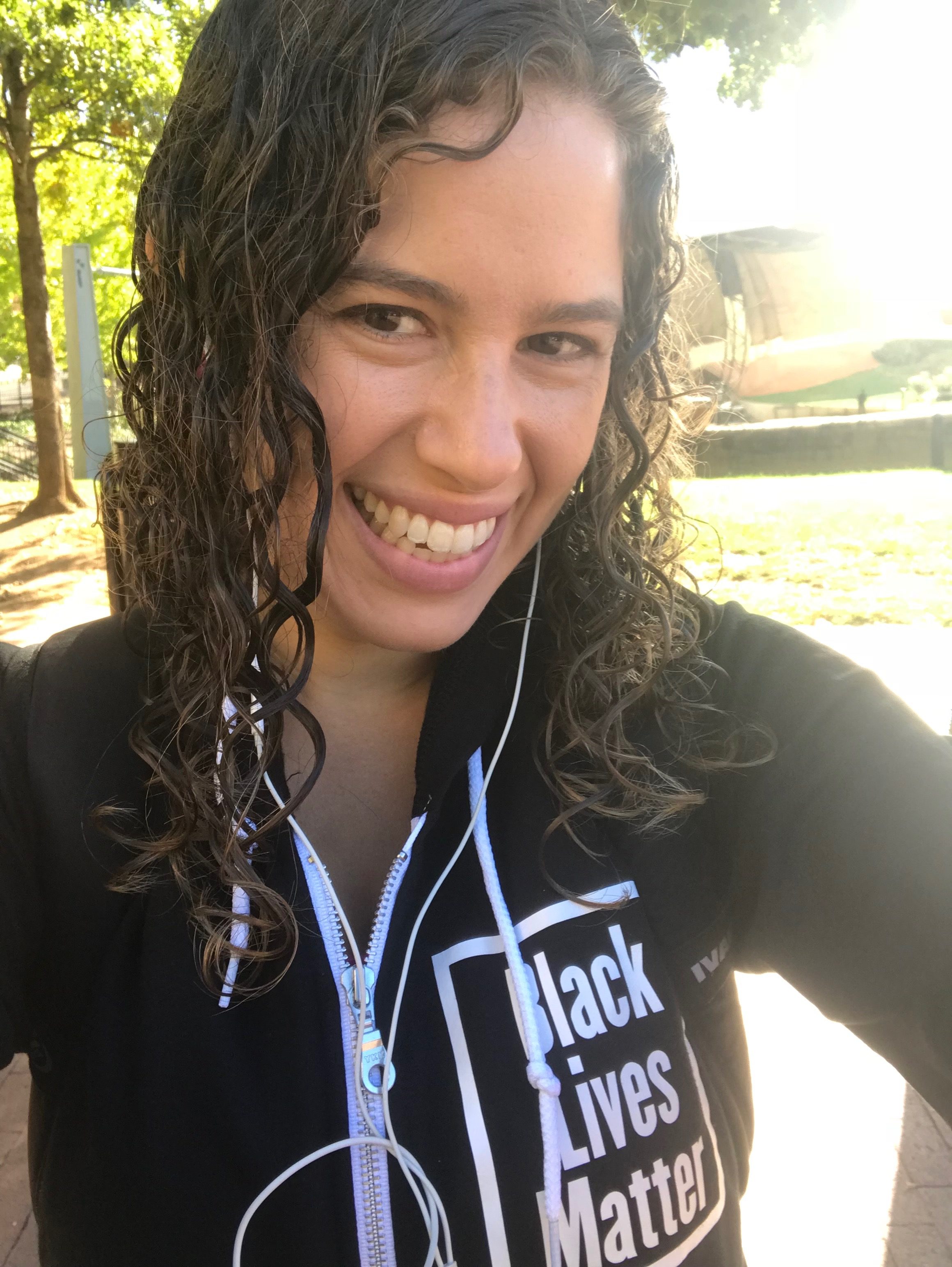To a former health student, who asked me for advice about boyfriend troubles (by sending me a facebook message):
I wish I could sit with you in the cafeteria and talk about this like we would have been able to last year. I would like to ask you more questions and hear more of your thoughts. I still will — but since that takes a long time when we’re writing back and forth, I’m going to start by giving you some ideas to think about.
1. Trust your gut. If something doesn’t feel right to you, it probably isn’t. You don’t think it’s a good to fight with your boyfriend so much, or for him to try to make you feel bad, and you’re right.
2. You deserve the best. Imagine what a healthy, supportive, enjoyable relationship would look like. That’s what you deserve. Do you believe you can have that with your current boyfriend? What changes would you need to make in order to get that?
3. It’s not your fault. When relationships get hard, it’s important not to blame yourself for what the other person is doce of emotions, relationships, ing. He is responsible for his own behavior. When he does things that he knows you wouldn’t like, he is making a personal decision, and that’s his fault and not yours.
What do you think of these ideas? Have you thought about them already? How you feel as you read them?
In terms of next steps, I have three very specific suggestions:
1. Get to know your feelings. This sounds like a tricky situation that you’re in, and I bet you are thinking and feeling a lot of different things right now. Writing to me is one good way to sort through your feelings. Keeping a diary is another great idea, or maybe even talking to a close friend. Your feelings are really important.
2. Talk to an adult that you trust. In person. Reaching out to me was a great first step, and you should be really proud of yourself for doing it. I will keep in touch, and I also want you to have an adult that you see in person that you can talk to. Is there a guidance counselor at school that you like, or a teacher or coach? Let me know what you think, and I can help you think of ways to approach that person and to start a conversation.
3. Talk to your boyfriend. This step is the hardest and the most important. But it’s going to be much easier to talk to him if you first take the time to know how you feel, know what you want, and know that you have adults who are helping you and care about you. It will also help to have a plan about when and where you want to have this conversation and how you’re going to start it.
What do you think? I don’t know if you were expecting such a long response from me, but there’s actually a lot more where this came from! I’d also like to keep hearing from you about what’s going on with you and your boyfriend right now. Please write back to me soon! I look forward to hearing from you.
Caring about you,
Ms. Arbeit
